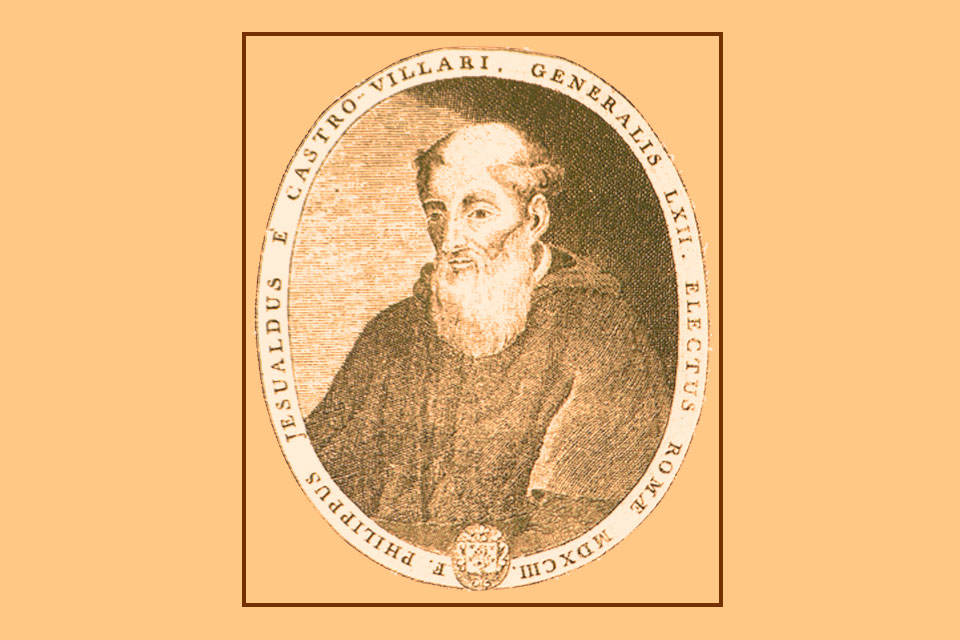On Sunday, December 16, 2018, the community of Castrovillari, of the Provincial Custody of St. Daniel and Companion Martyrs in Italy (Calabria), commemorated Friar Filippo GESUALDI on the 400th anniversary of his death.
The Most Reverend Francesco SAVINO, Bishop of Cassano all’Jonio, presided over Mass with the friars concelebrating. The anniversary celebration began by recalling the key elements of the life and work of Friar Filippo, a member of the Order of Friars Minor Conventual.
Friar Filippo was born in Castrovillari on February 23, 1550. He entered the friary in his hometown. After his novitiate year, he continued his formation in Rome, Padua and Treviso. In 1573, he was ordained a priest, in Padua, and dedicated himself to preaching and to teaching in various colleges of the Order. In 1591, he was elected Minister Provincial of Calabria. He performed his service as a leader with excellence, sharing the ideals of reform, strict spirituality and austerity of life.
In 1593, he was elected Minister General of the Order. Supported by Pope CLEMENT VIII, he worked for the reform of the Order, beginning with initial, spiritual, theological and devotional formation. He abolished the exceptions to the common life and the observance of poverty and defended the Conventual family against further divisions.
On April 15, 1602, towards the end of his third term as Minister General, he was ordained a bishop and entrusted with the Diocese of Cariati and Cerenzia, one of the poorest in Calabria. He took his seat there, in all Franciscan poverty and with his health already compromised. While there, he taught Christian doctrine and personally administered the Sacrament of Reconciliation. He instituted lay confraternities, dedicated himself to popular preaching and founded a hospital for the poor and the sick.
He died on December 12, 1618, in Cariati (Province of Cosenza, Italy), in fame of holiness, and was interred in the cathedral. The title “blessed” was soon appended to his name, but despite this, an 18th century restoration of the cathedral erased all traces of his tomb. This resulted in blurring the memory of one of the most interesting exponents of the Catholic-Tridentine reform in the history of religious orders.
The Custodial Secretariat














